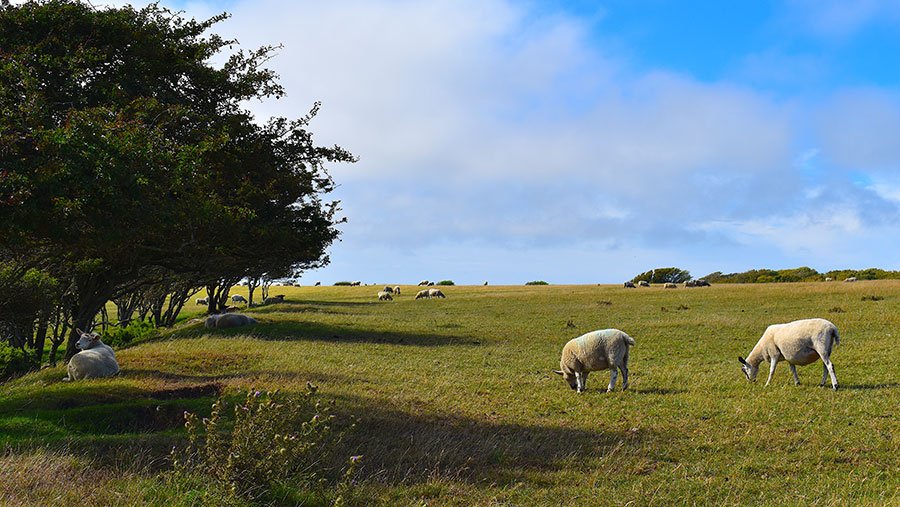Fears voiced over common land and SFI
 © Rusana/Adobe Stock
© Rusana/Adobe Stock Farm leaders have warned that the Sustainable Farming Incentive (SFI) is still not practical for those in a common land setting, despite potential problems being flagged with Defra more than a year ago.
The Tenant Farmers Association (TFA) and the Foundation for Common Land (FCL) jointly highlighted gaps in the recently published Defra guidance notes setting out the eligibility for commons and shared grazing in the SFI.
They warned that engagement with the SFI is low, farmers would miss out on much needed income and the public would miss out on the delivery of environmental benefits.
See also: SFI payment rates will not attract enough farmers, say analysts
Helen Radmore, TFA junior vice-chairwoman and Dartmoor farmer, said a bespoke approach was needed for the implementation and administration of agri-environment schemes on common land.
The eligibility criteria published by Defra last week offered no clear criteria as to how an SFI agreement must be managed on such land.
“Furthermore, it provides no steer on how disputes should be rectified which, historically, has been the barrier to many agri-environment schemes achieving their targets,” she said.
‘Time running out’
The TFA and FCL said they had repeatedly raised concerns over the lack of clarity in the guidance and while they welcomed a Defra commitment to engage on the matter over the coming weeks, time was running out.
Julia Aglionby, FCL chief executive, said: “Without more clarity we are concerned the SFI moorland standard, especially at the intermediate and advanced levels, will not be feasible to apply for or administer effectively.”
The two organisations published a joint statement in May 2021 which highlighted Defra’s failure to adequately address the issues and they claim the recommendations put forward have yet to be acted on.
In response, farming minister Victoria Prentis said Defra continued to engage with stakeholders, including the TFA and FCL.
“We are repurposing the farming budget and putting it into schemes that are accessible and workable for any farm, including tenant farmers and those on common land.
“It is an iterative policy, and we won’t hesitate to make changes and offer additional guidance where it is needed.”
